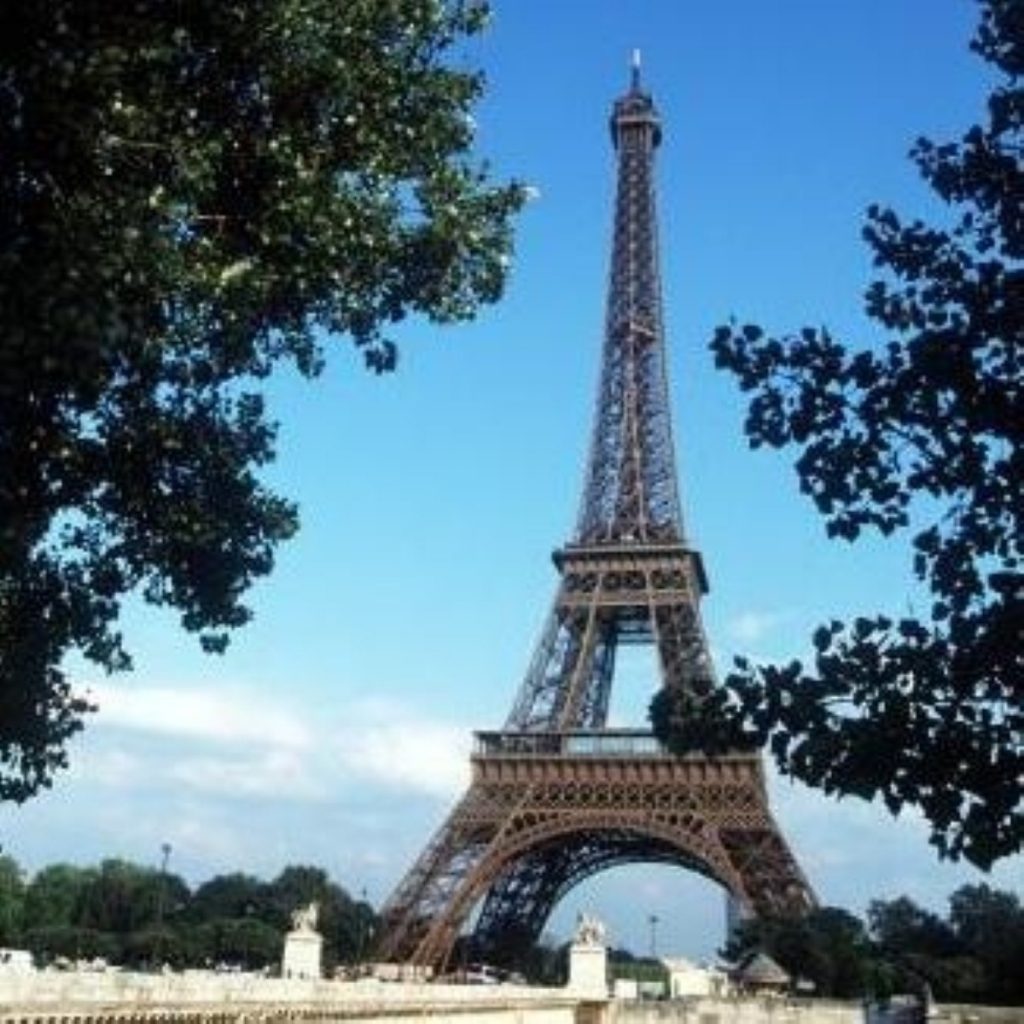Leaders meet for Mediterranean Union launch
Progress towards a Middle East peace deal appears to have made the launch of the Mediterranean Union in Paris a success.
Israeli prime minister Ehud Olmert told attendees the Jewish state had “never been as close” to an accord with the Palestinians.
Over 40 leaders met in Paris to launch the Mediterranean Union, the brainchild of French president Nicolas Sarkozy, on Sunday.
Twenty-seven European countries and 17 from North Africa and the Middle East are present as they kickstart work on a number of projects, including the development of solar energy, cleaning up the polluted Mediterranean and cultural exchanges.


“The goal of the summit is that we learn how to love each other in the Mediterranean, instead of continuing to hate and wage war,” Mr Sarkozy said at the Grand Palais on the Champs-Elysees.
“It doesn’t mean that all of the problems are resolved of course.”
But adding to Mr Olmert’s comments, Palestinian Authority president Mahmoud Abbas said both sides were “serious and wanted to achieve peace”.
The forum’s first breakthrough was announced last night when it emerged Syria and Lebanon were to renew ties.
The two countries have not had fully-fledged embassies in each other’s capitals in the postcolonial era.
Lebanon also blames Damascus for interference in its political system, while Syrian authorities have been implicated in the assassination of former Lebanese prime minister Rafik Hariri.
Mr Sarkozy said on Saturday after talks with Lebanese president Michel Suleiman and Syrian leader Bashar Assad the embassy development could be an “historic step forward”.
Elsewhere attention will be focused on the symbolism of the meeting, with Mr Olmert and Syrian counterpart Mr Assad being present in the same room.
Talk of a handshake between the pair had been played down by the experts. Many instead concentrated on the region’s other areas of tension, including Algeria and Morocco’s disagreements and the Cyprus issue.
“The meeting. will be as important for what’s happening in the corridors as for the launch of the actual project,” Clara O’Donnell of the Centre for European Reform (CER) thinktank told politics.co.uk.
Mr Sarkozy will be hoping the MU, the centrepiece of France’s EU presidency, will not be scathingly compared to its predecessor, the Barcelona process.
But following heavy opposition from German chancellor Angela Merkel such criticism could be difficult to avoid. Her objections to the use of EU funding for projects which would benefit France heavily has led to claims of diminished relevance for the MU.
Ms O’Donnell believes practical issues pose a greater problem, however. Infrastructure developments could be difficult between Algeria and Morocco because of their ongoing border dispute. Proposals to establish a secretariat may prove difficult if it is based in an Arab country which does not recognise Israel. And the involvement of the European Commission complicates the entire organisation’s independence.
“The southern partners have big issues working together. The problems the Mediterranean Union will be facing now would have happened without the watering down,” she added.
After winning the French presidency in the summer of 2007 Mr Sarkozy said he wanted the MU to become a “bridge between Europe and Africa”. Whether he succeeds will begin to emerge from today.

